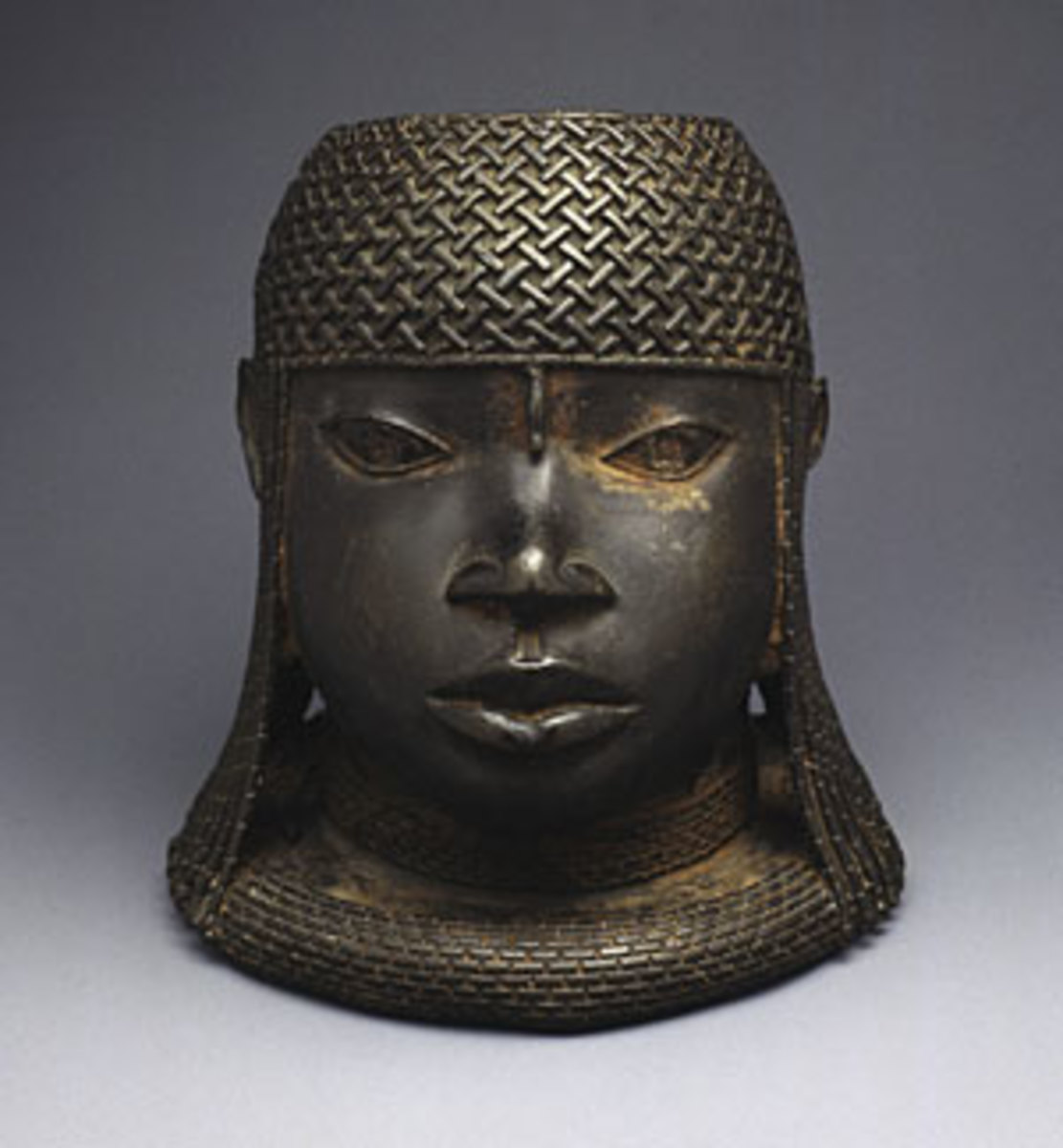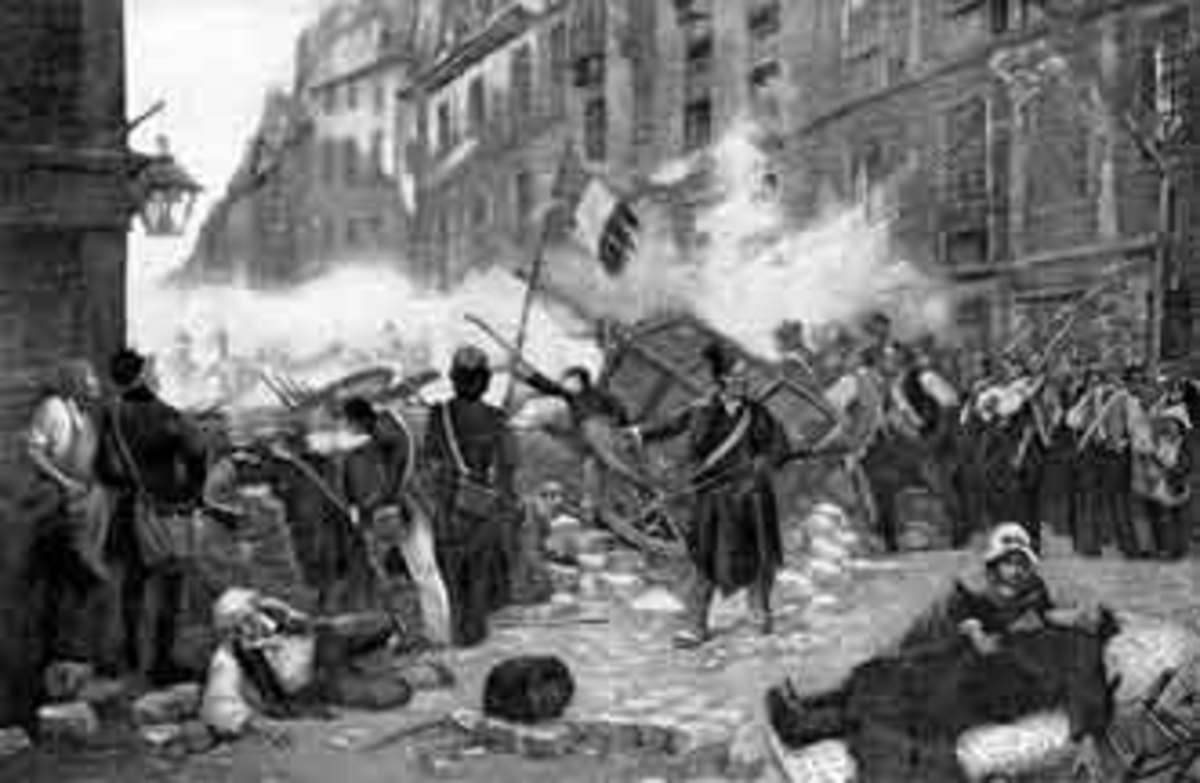Fascinating History of Beards



Beards have a fascinating history, the bearded lady in some old time carnival side shows, notwithstanding. Beards have been worn throughout the ages to express religious beliefs, political affiliations, or one’s standing in society. Depending on the era, beards, moustaches and whiskers came and went with the fashions of the time.
In many instances if a king or other national leader wore facial hair many of the male population followed suit. One example was the Ancient Egyptians. It was the norm for all men during the reign of pharaohs. For the Pharaoh, his immaculately cultivated beard was the symbol of his power and authority. Such beards also identified the rank and file’s standing in existing social structures.
The ancient Greeks also stressed the wearing of beards. For many, the idea of a beardless Greek philosopher would seem strange. However, with the Greeks, beards were often reserved for mythological figures with the exception of Zeus’ son, Apollo, who is always portrayed as beardless.

In contrast, up until the third century, BC, Roman soldiers did wear beards, but later they became considered as barbaric. Most Roman leaders including Julius Caesar were clean shaven. Perhaps it may have had something to do with Alexander the Great after he lost several battles to the Persians who found it expedient to grab a soldier’s beard, pull them to the ground and massacre them. Alexander afterwards ordered his troops to shave them off. Barbers became much sought after and wearing of beards soon suffered a decline.
But by and large beards have always symbolized manhood and associated with wisdom. To many they were regarded as sacred possessions. For instance, the Jews proudly wore them during their Egyptian bondage. However, leave it to governments to find them as another source of tax revenue. Beards have been taxed occasionally, as when Russia’s Peter the Great taxed them. The English monarchy did it as well. There were times in history having a beard could get one beaten or killed, thrown out of the church or into prison.
Clergymen in the 16th century were admonished to remain clean shaven as a sign of celibacy. But with the reformation, many who left the church grew one, as a sign of rebellion…length of the beard declared the wearer’s dissatisfaction.
In any case, where there are hairy faces there are those who have made a profession out of making them clean shaven. For, as long as men have been growing hair on their faces, they’ve also attempted finding ways to remove it. Shaving wasn’t always an art. In the beginning it must have been a painful affair as at first facial hairs were simply plucked out.
Evidence of men using a variety of implements to remove their whiskers has been unearthed by archaeologists. They’ve found ancients used such things as clam shells, shark’s teeth and sharpened flint. In Egyptian tombs, copper and gold razors have been found.
During the American Revolution most men were clean shaven, but by the time of the Civil War, fashions had changed and moustaches, side burns and beards came into vogue. From the 1800s through the 1900s, many powerful, influential men wore them.
There have been a number of customs surrounding the wearing of beards over the centuries:
· Amish males shave until they marry, then no more.
· Ancient German tribe members could not shave until they had killed an enemy.
· Young Roman males didn’t shave until they became adults. The first one would be offered to their gods.
· More modern day soldiers don’t wear beards, because they make sealing a gas mask difficult.
Today, they are still popular as evidenced by the World Beard and Moustache Championships. It’s not clear when the first event took place. The Italians claim the first championships took place in Northern Italy in the early 1970′s. Others disagree saying today’s affairs can be directly traced to an event in 1990 at Höfen/Enz, Germany, a small village in the Black Forest.








